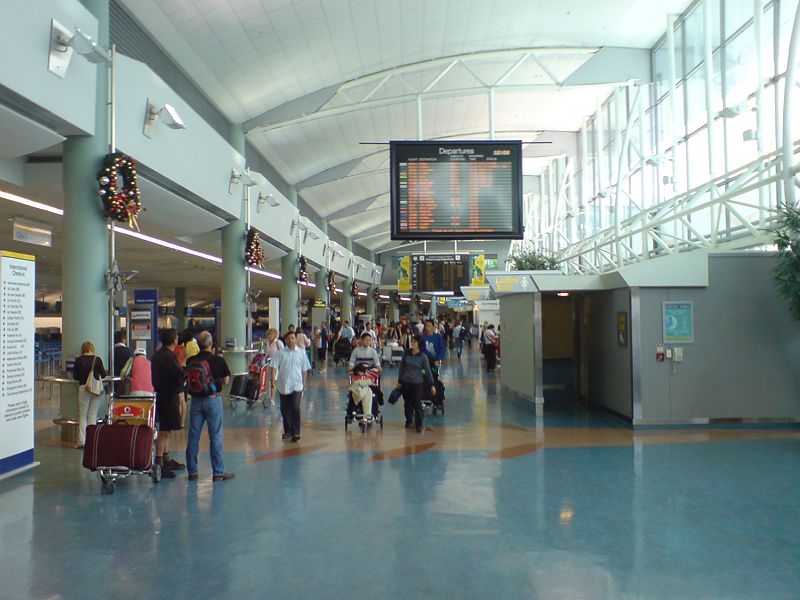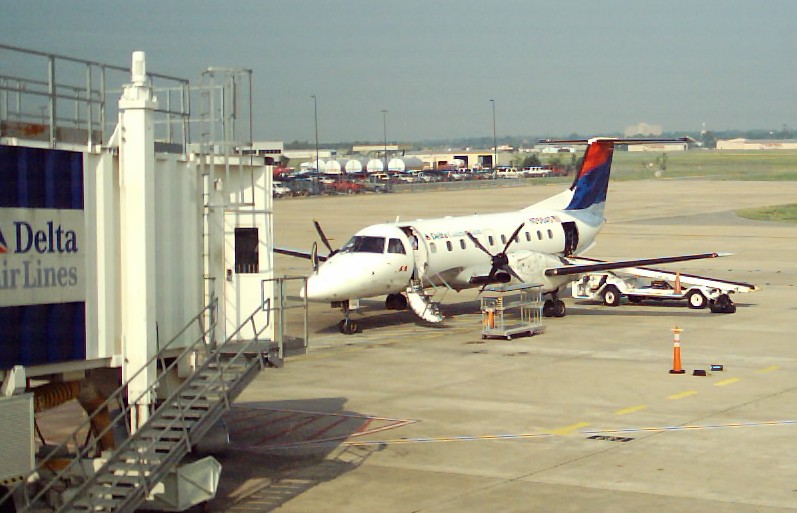Airline passenger security charges paid by airlines for departing passengers are set to increase in New Zealand.
The international charge will rise by $3.98 to $11.98 (GST inclusive) and the domestic charge rise by $0.90 to $4.60 (GST inclusive) per departing passenger from 1 June 2013.
These increases come after two years of reduced charges, introduced to eliminate a projected $27 million accumulated surplus by June 2013, says NZÂ Civil Aviation Authority Chairman Nigel Gould.
“When the reduction was announced in 2011, the government signalled that passenger security charges would need to increase again from 2013, once the accumulated surplus had been redistributed to air travellers,†Nigel says.
“These new charges better reflect the actual cost of providing screening and other security services at our airports,†he says.
A difficult trading environment is also a contributing factor, says general manager for the Aviation Security Service Mark Everitt. “Two airports have ceased international flights (Hamilton and Palmerston North) and we have not met our budgeted passenger numbers as a result of the global financial crisis.”
“The Aviation Security Service is committed to ensuring the security of our airports across New Zealand and the safety of the domestic and international travelling public. These increases ensure this service will continue.†Mr Everitt said.
India has seen a similar trend, with India’s busiest airport – the Indira Gandhi International Airport, run by GMR Group’s Delhi International Airport (Pvt.) Ltd,  hiked aeronautical charges by 346%, in May 2012.
Also, the Chhatrapati Shivaji International Airport in Mumbai, run by GVK Group’s Mumbai International Airport (Pvt.) Ltd, increased aeronautical charges by 164% from 1 February.
But some major international airports are ducking the trend, and in fact lowering the charges, to attract more passengers in the slow economic market.
The Dallas/Fort Worth (DFW) International Airport in the US owned by the cities of Dallas and Fort Worth is the world’s fourth busiest airport with 58 million passengers passing through every year, Dallas airport has seven runways, the most in the world.
“The airport has a generous incentivization programme with discounts and rebates on landing charges for two years for new airlinesâ€, says Luis E. Perez, vice-president, air service development, DFW International Airport, in a LiveMint report.
“We have a $60,000 marketing fund for airlines to promote the airport as a new destination for the first year. And if it’s a new airline, we have $250,000 for marketing assistance and another $150,000 to promote the destination. And we are a profitable airport,†says Perez.



Leave a Reply